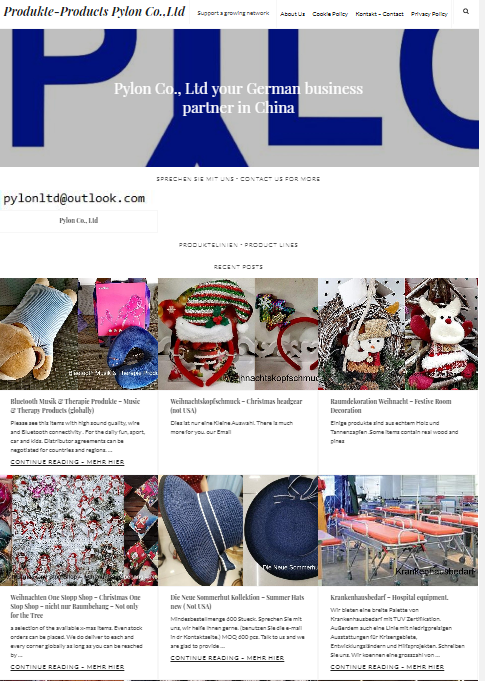Number of present college students in Ningbo reached 145,000
- Details
- Category: On The Campus
- Published: Tuesday, 28 February 2012 11:17
It is learned from Ningbo College Work Conference held on February 21 that by the end of 2011, there had been 145,000 present college students in Ningbo, up by one third compared with that of 2005.
Since 2006, an annual special fund of 50 million yuan has been invested in building the service-oriented education system in Ningbo. By 2011, the per capital funding for students of higher vocational colleges had reached about 90% of that for undergraduates with the same major, and it will reach the same level within two year. The ratio between undergraduates and junior college students has become 60:40 in 2011 instead of 44:56 in 2005. The present graduate students in Ningbo reached 6282 people. In last year, in the ranking of comprehensive scientific research strength for universities in China issued by 2011 Chinese university appraisal group, Ningbo University ranked No. 99, marking a great breakthrough in the higher education history in Ningbo. Besides, the State Oceanic Administration of China and Ningbo People's Government have signed an agreement to co-build Ningbo University. Ningbo Polytechnic ranks among the first batch of state demonstration vocational colleges. Ningbo University of Technology is listed among the pilot universities for the "excellent engineers plan" by the Ministry of Education. Zhejiang Wanli University is defined as a pilot college for Master's degree graduates by the Academic Degree Committee of the State Council. Ningbo Nottingham University signed a four-part agreement with University of Nottingham, Ningbo Education Bureau and Ningbo Science & Technology Bureau to co-build the "International Doctoral Innovative Research Center".
By the end of 2011, there had been 11 state-level characteristic majors and three state demonstration majors for high vocational education. In terms of discipline construction, Ningbo University and Ningbo Nottingham University made the breakthrough of PhD granting.
It is proposed in the College Work Conference that the focus of the higher education development should be put on optimizing the talent cultivating patterns and improving the cultivating quality. Universities and colleges should adjust to the demand of economic and social development, as well as providing service for the transformation of economic development mode and industrial transformation and upgrading. In 2012, the committee of experts on science & technology work for universities and colleges in Ningbo will be set up, the university scientific and technological achievements transformation market and transformation center will be established, and Ningbo Institute of Higher Technology will be founded










